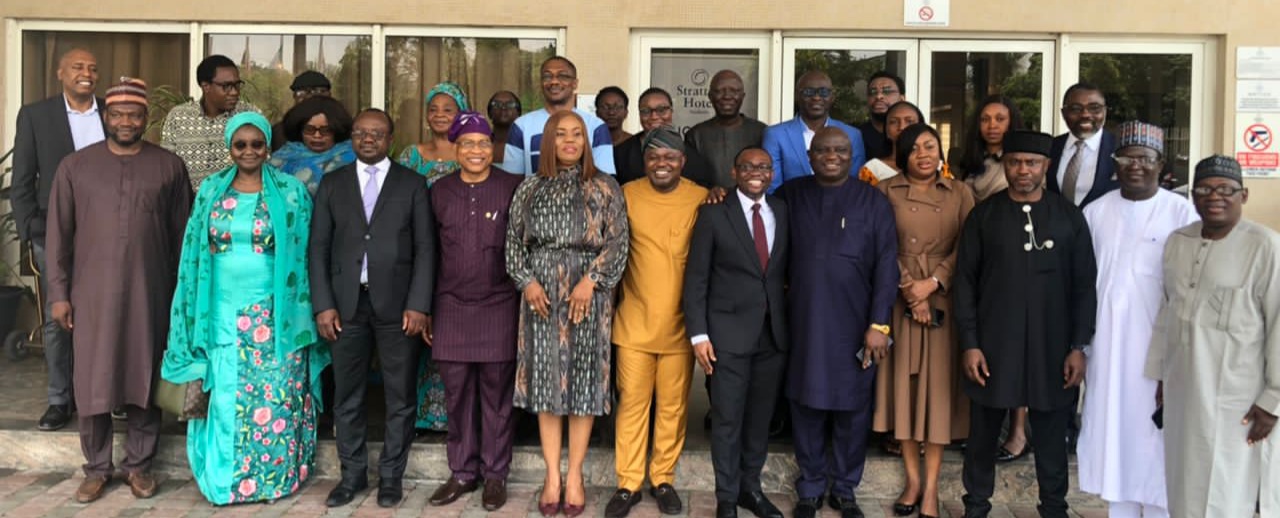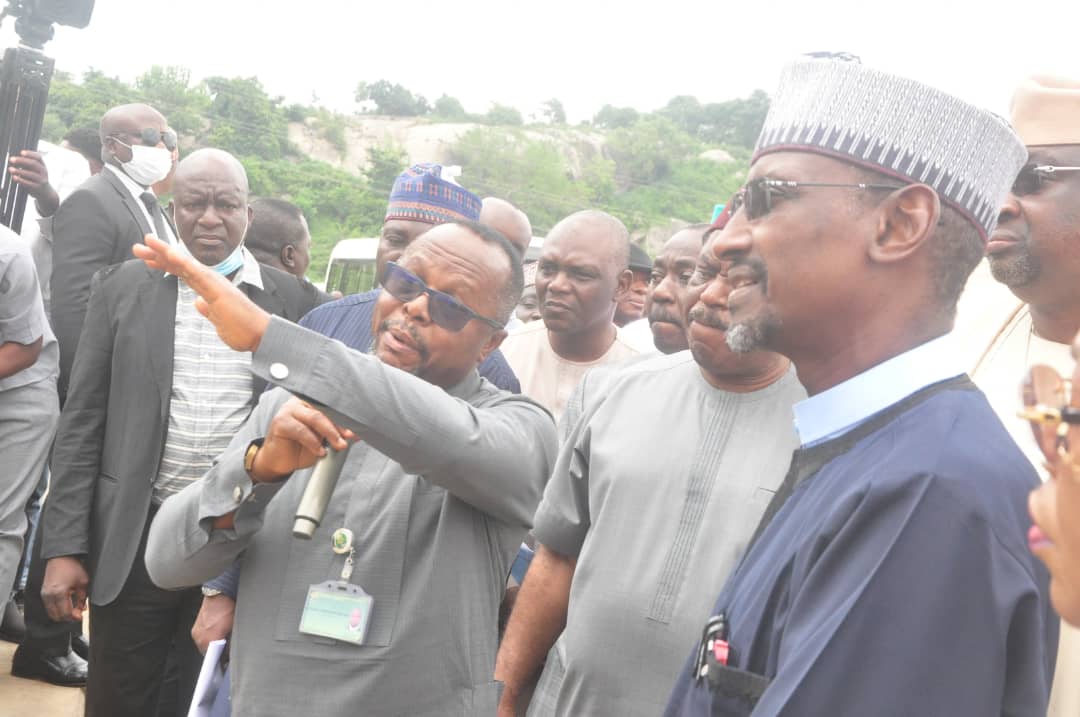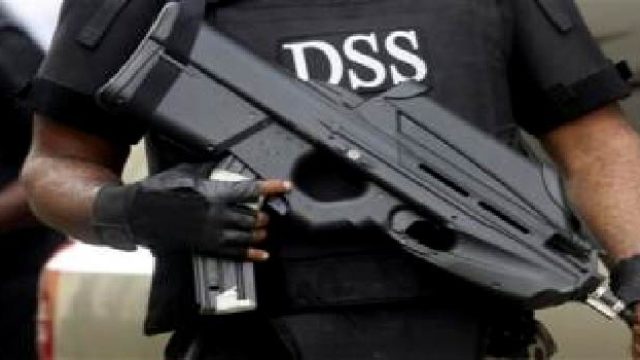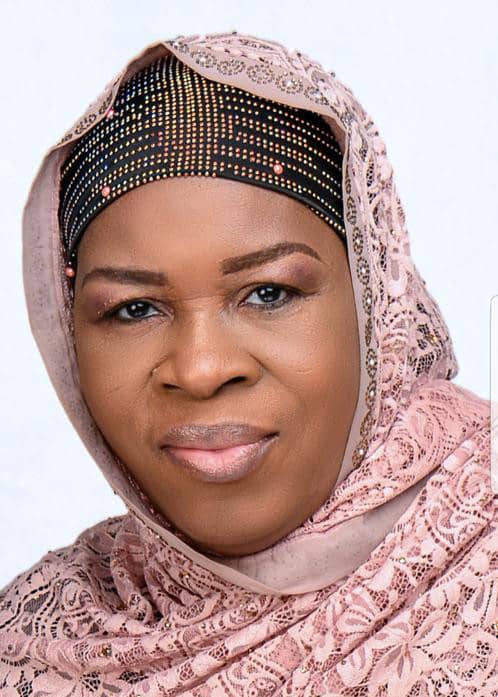Democracy: ECOWAS, WANEP lament Nigeria’s political instability, raise concern over 2023 general elections
By Chimezie Godfrey
The Economy Community of West African States (ECOWAS) and the West Africa Network for Peacebuilding (WANEP) have raised concerns over Nigeria’s failing democracy and her incompetencies in leading the African continent politically
With insecurities ravaging the country and tensions, especially among political parties, Amb. Aderemi Ajibewa, Director, of Political Affairs, ECOWAS Commission, said elections have the potential of aggravating existing fault lines in societies; hence the need for stakeholders’ engagement in electoral processes.
Ajibawe stated this on Tuesday during a “Stakeholders Consultative Meeting on Peaceful 2023 General Elections and Political Transition in Nigeria”, convened by ECOWAS Commission and WANEP in Abuja
He said, “as political parties and candidates crisscross the length and breadth of the country in the run-up to the elections for campaigns and mobilization of voters, they must resist the temptation of drawing on ethnoreligious sentiments and other identities that can exacerbate the nation’s fault lines”.
According to him, election campaigns must be issue-based and must be devoid of hate speeches, disinformation, and misinformation.
He added: “All stakeholders and actors in the electoral process, including the umpire- the Independent National Electoral Commission (INEC), the security agencies, the various political parties and their respective candidates, the civil society, youths, women, traditional and religious leaders, should work together to ensure that the entire process is inclusive and transparent.
“Thus, leading to an outcome that will be generally regarded as credible and acceptable, not only to the contestants, their political parties, and Nigerians generally, but also to friends of Nigeria and the international community.”
In the same vein, Chukwuemeka Eze, Executive Director of WANEP, noted that the fiercely competitive nature of party politics has been a factor threatening stability in the country.
Eze listed other factors identified including lack of transparency, ethnicity, and religious differences in the political system. He expressed concern that a country like Nigeria with high expectations from the international community to lead the continent into electoral decorum and civility, is continually experiencing high levels of suspicion and lack of confidence in key state institutions that directly or indirectly superintend the electoral process. He stressed that allegations of partisan security forces, the partiality of the judiciary, and the lack of independence of the Electoral Commission among others abound.
“An important dimension with the potential of heating the polity is the increased cases of identity, ethnicity, and religiosity in body politics. Politicians are now comfortably pursuing their agenda along ethnic and religious lines rather than along ideological lines. This development threatens the growth of formal democracy, national cohesion, and development and creates animosity amongst citizens who now view themselves through parochial lenses,” Eze lamented.
Also speaking, Agada Elachi, President of the Institute of Chartered Mediators, ICMC reiterated the need for collaboration between INEC, Civil Society Organizations (CSOs), Non-Governmental Organizations (NGOs), and security agencies during the forthcoming general election
Specialized actors, NGOs, CSOs, and security agencies have roles to play to ensure a free, fair, and violent election and as such we must sit together and deliberate what the likely challenges are and how we can minimize them,” he concluded.
The stakeholder’s consultative meeting was held to provide space for knowledge exchange and experiential learning to enhance collaboration amongst key stakeholders towards the conduct of a peaceful and credible election; assess the state of preparedness, identify gaps and risk factors for instability relating to the electoral and transition process; articulate and sustain stakeholders’ efforts in ensuring peaceful and credible electoral process; and elicit the commitment of political parties and actors, security agents, INEC and CSOs towards a peaceful election.



